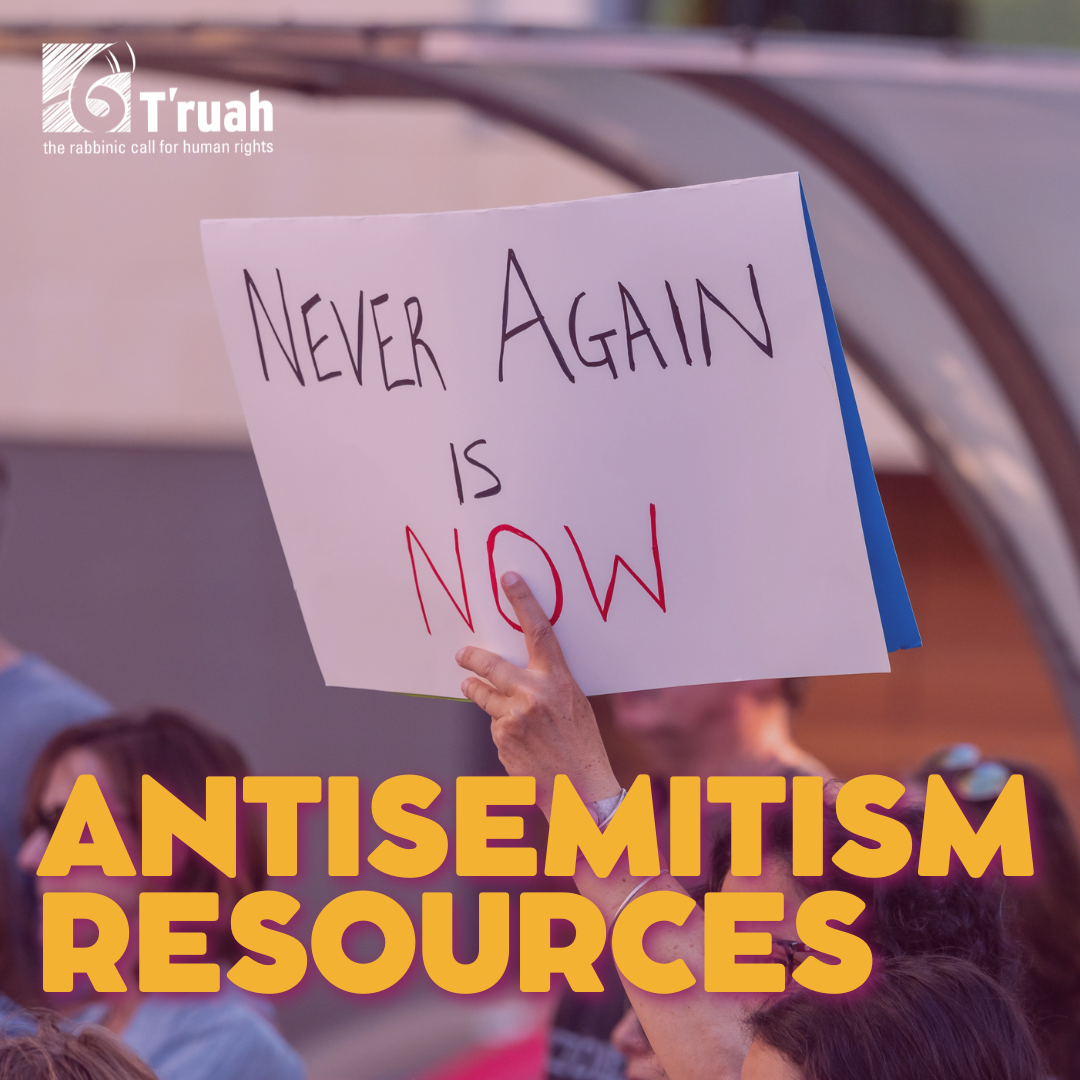Resources

Every Person Counts? (Parshat Bamidbar)
Commentary on Parshat Bamidbar (Numbers 1:1-4:20) Our Torah portion opens with the taking of another census of B’nai Yisrael – the Children of Israel – this time “listed by their clans, ages 20 years and up, all those in Israel who are able to bear arms…” (Num. 1:2) This is census number three since the...
more

The Mournfulness of Her Song: Hearing the Cries of the Enslaved
On my recent visit to the National Museum of African American History and Culture in Washington, DC, I was moved to tears by one of the readings displayed in the darkened memorial room to those who were transported to America on slave ships from Africa. I learned that the chained slaves would sing songs of...
more

Private Prisons, God’s People
A number of years ago my husband’s nephew suggested that we invest some funds with him in high-risk high-yield bonds. We did. After earning a good return, I asked my husband what his nephew had done with our money. He answered that his nephew, among other ventures, had invested in for-profit prisons. I was horrified....
more

The Shield of Abraham Will Not Guarantee Our Righteousness
Human beings are very good at justifying war and all of the human rights abuses that war involves. We are easily convinced of the righteousness of our causes, and we eagerly seek reassurance that the innocent lives that our militaries have destroyed must not have been so innocent at all. One can see such desires...
more

The Work of Teshuvah
According to the Jewish tradition, the period of repentance continues after Yom Kippur until the end of Sukkot. These days may continue to be an opportunity for reflection, but these final days of the holidays are days of celebration. Though none of us know what our fates hold for us, we act as if the...
more
T’ruah Shadow Report to UN: Solitary Confinement and U.S. Compliance with Convention Against Torture
In 2014, T’ruah submitted a shadow report to the UN arguing that America’s use of solitary confinement violates the Convention Against Torture. This report weaves together Jewish text with human rights law.
more

Handbook for Jewish Communities Fighting Mass Incarceration
This handbook provides a comprehensive guide for Jewish communities learning and engaging in issues related to mass incarceration.
more

Judaism and Solitary Confinement
In this article, Rabbi Jonathan Crane examines Jewish texts about incarceration and claims made by activists seeking to end solitary confinement.
more

Mi Sheberach for People Held in Solitary Confinement
"May the Holy Blessed One be filled with mercy for them, strengthening them to withstand this act of torture and keeping them from all harm."
more
Misheberach for Hunger Strikers
May the One who blessed our ancestors Abraham, Isaac, and Jacob, Sarah, Rebecca, Rachel, and Leah— Who was with our brother Joseph in the pit and in prison, and with Miriam when she was isolated from the camp for seven days— bless and heal all those who are engaged in hunger strikes against torture and...
more



